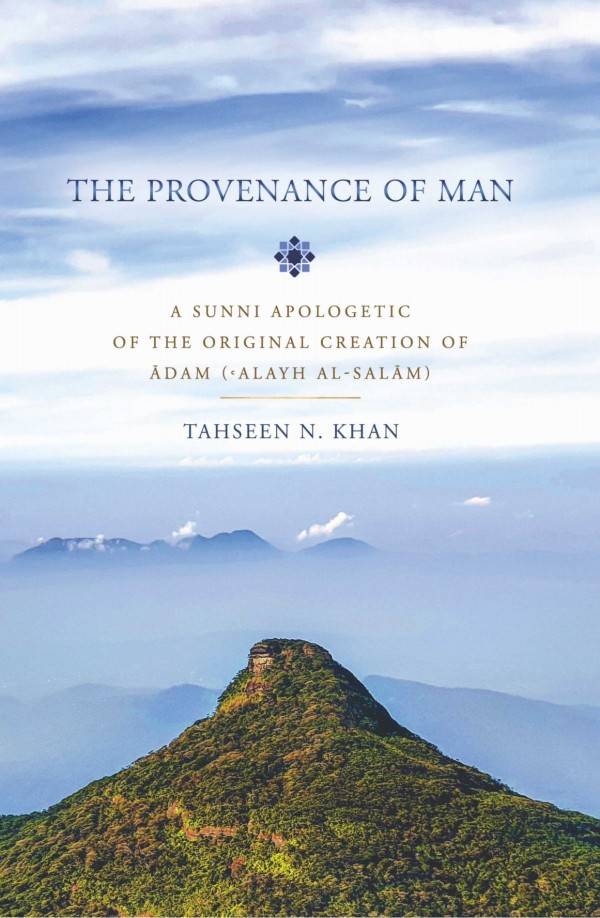Book Review: Tahseen N. Khan: The Provenance of Man: A Sunni Apologetic of the Original Creation of AdamThis book by an obviously erudite scholar of Islamic analytical theology (kalam), exegesis (tafsir) and rhetorics (ʿilm al-bayan) is divided into seven unnumbered chapters with an introduction and a conclusion. Though directed against Muslim evolutionists in general, it especially engages the evolutionist views of the UAE-based Algerian astrophysicist Nidhal Guessoum.
|
Adi Setia
|
|
© Center for Islamic Sciences. All Rights Reserved.
Designed and Developed by Crescent Marketing Solutions |


